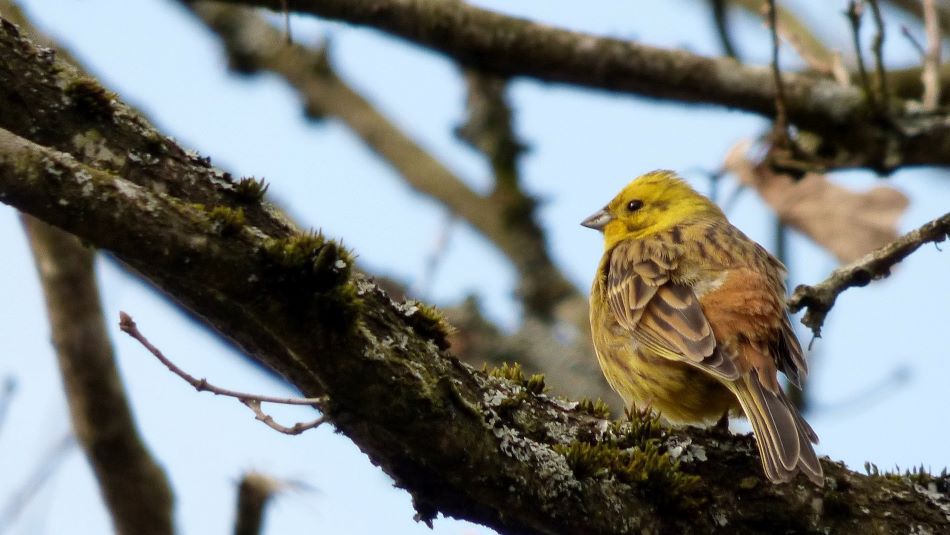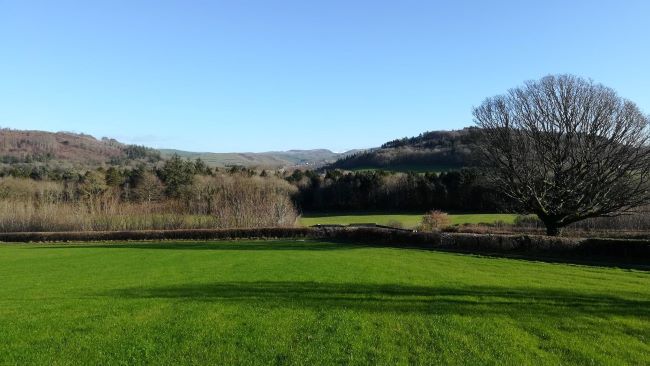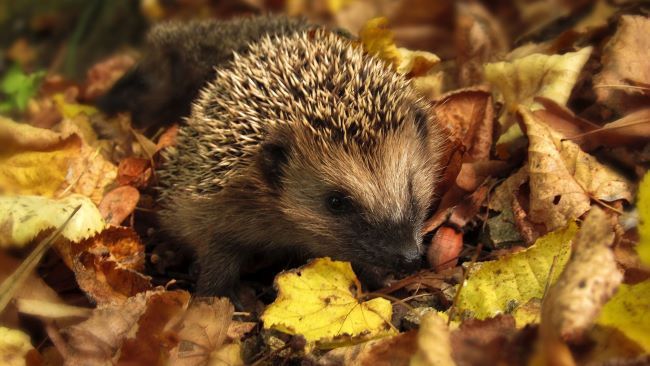Wildlife protections in Wales are in a period of uncertainty as leading wildlife charities call on the Government to close gaps in environmental regulations created by Brexit.

It is unclear whether wildlife in Wales will have the same level of protection at the end of the 2020 Brexit transition period, according to WWF Cymru.
Earlier this week, a report commissioned by The Wildlife Trusts, RSPB and WWF revealed gaps in environmental protections post-EU exit that puts already threatened UK species at greater risk.
This report however focusses primarily on England, with the situation in Wales even less clear due to domestic legislation.
“In Wales, there is a proposal to legislate but we don’t know when that will be,” said Alex Phillips, WWF Policy and Advocacy Officer. “There is a potential that Wales won’t be ready for a no deal Brexit come December.
“The Environment Bill in England will require a series of long-term environmental targets to be established on issues such as biodiversity and air/water quality.
“Wales doesn’t have solid nature targets in that regard so there is a significant risk that we are left behind despite the advances made before Brexit in the form of the Well-being of Future Generations and Environment (Wales) Act.”

The report coincided with the second reading of the new Agriculture Bill. This Bill mainly applies to England but will cover Wales and allow Welsh ministers to keep up agricultural payments until the Assembly introduces its own Bill after the 2021 elections.
Direct payments to farmers are planned to be phased out in England and Wales. Currently based on how much land is farmed, these will be replaced with a new payment scheme that encourages things such as environmental and animal welfare improvements.
The charities welcome this move but claim that it does not address the need to improve the way the Government will ensure farmers meet minimum environmental standards post Brexit.
“The Agriculture Bill includes vital new powers to pay farmers to restore nature, but is silent on the rules and regulations for farming in the future,” said Tom Lancaster, Head of Land, Seas and Climate policy at the RSPB.
“With the change that Brexit will bring, this presents real risks to our soils and hedgerows, and the nature that depends upon them.”

The result is that species such as hedgehogs and yellowhammers are put at greater risk.
A 2018 RSPB State of Birds in Wales report revealed yellowhammers had declined 58% from 1995-2016. Declines have been linked in part to changes in agricultural practices.
That report also highlighted that the numbers and distributions of almost a third of Welsh birds were declining significantly.
Meanwhile, hedgehogs are estimated to have declined in Britain from around 1.5 million individuals in 1995 to close to 500,000 in 2018.
The Welsh Government are yet to respond.
